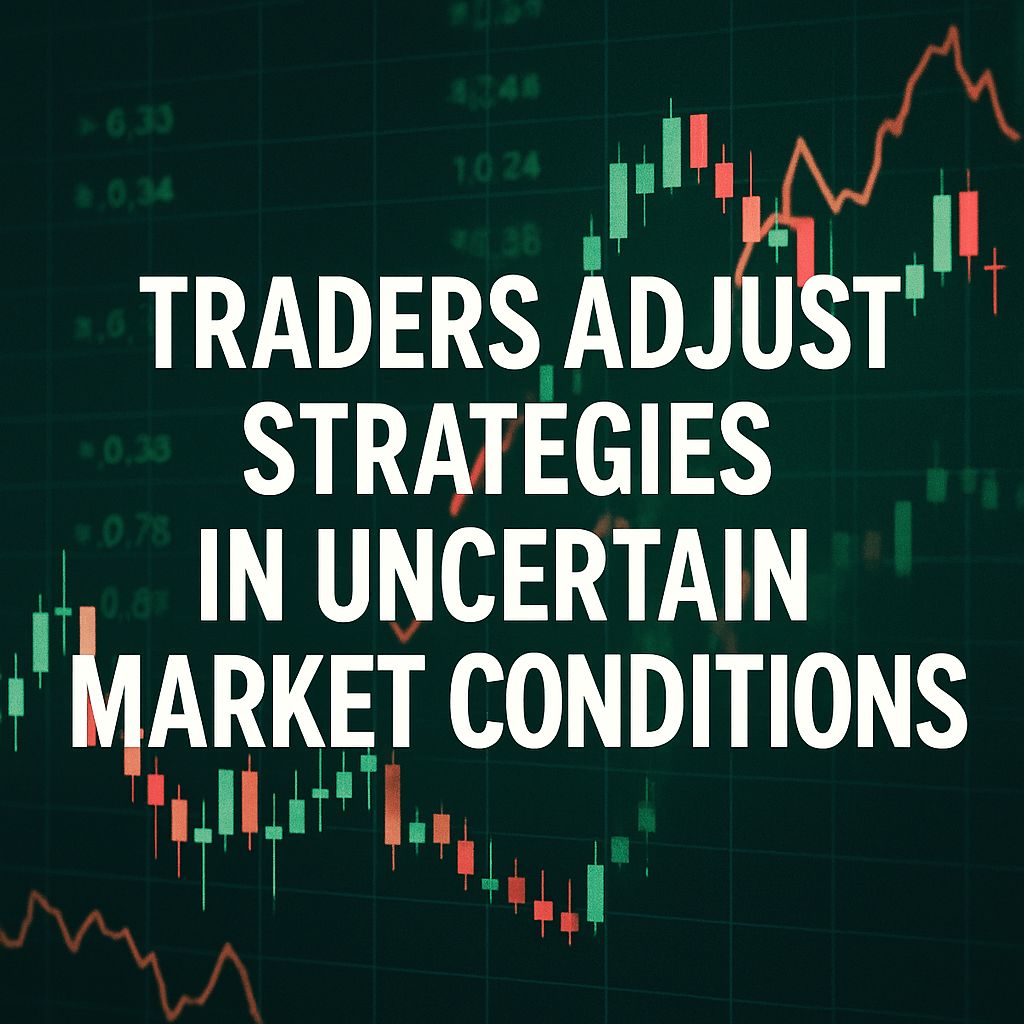Traders Adjust Strategies in Uncertain Market Conditions


In light of the shifting global trade dynamics and the recent tariff implementations, many traders are recalibrating their strategies towards short-term profit maximization. According to Arrash Yasavolian, CEO of an emerging Web3 platform, this pivot is largely a response to the increasingly ambiguous economic forecast influenced by geopolitical tensions and fluctuating trade tariffs.
The Impact of Tariffs on Market Sentiment
Tariffs, which are taxes imposed on imported goods, have far-reaching effects on market behavior. They can lead to increased costs for consumers and businesses alike, distorting price structures. As tariffs on specific goods fluctuate, traders are faced with the decision to either adapt quickly to these changes or risk potential losses associated with long-term investments. This situation has instigated a shift in trader sentiment, prompting a more acute focus on short-term gains.
Short-Term Strategies Preferred
Yasavolian notes that traders are leaning heavily on strategies that take advantage of market volatility, such as:
- Day Trading: This involves buying and selling assets within the same trading day to capitalize on intra-day price movements.
- Scalping: A strategy that focuses on making small profits from minor price changes, often executing dozens or hundreds of trades in a single day.
- Options Trading: Utilizes options contracts, providing traders with leverage to predict short-term price movements without holding intrinsic assets.
These tactics are often facilitated by advanced trading platforms that allow for rapid execution and algorithmic trading strategies.
Market Reactions and Trends
The response to tariffs is evident across numerous markets. For instance, commodities like steel and aluminum, which were significantly impacted by the tariffs, have witnessed increased short-term volatility. Sudden price spikes and dips reflect traders’ reactions to news surrounding trade negotiations and potential tariff adjustments. In cryptocurrency markets, trading volumes have surged as traders aim to exploit short-term price fluctuations, indicating a shift in focus from fundamental valuations to technical trading signals.
Geopolitical Factors Playing a Role
Recent developments in global geopolitics, such as shifts in U.S.-China trade relations and broader EU trade policies, add an additional layer of uncertainty to long-term economic outlooks. Yasavolian points out that traders are not only responding to domestic tariffs but also considering how international trade agreements may change current market dynamics.
For instance, renewed discussions surrounding trade agreements or tariff reductions can create significant market movements in very short time frames, prompting traders to remain agile and responsive.
Future Considerations: Navigating Uncertainty
As markets continue to grapple with ongoing tariff changes and geopolitical influences, the strategy of focusing on short-term gains may appear prudent. However, traders must acknowledge the inherent risks associated with rapid trading, such as exposure to market manipulation and emotional decision-making. Yasavolian emphasizes the importance of employing robust risk management techniques even amid short-term trading practices.
Continued volatility is likely, and while short-term strategies may serve immediate needs, savvy traders will also keep an eye on potential longer-term shifts in market conditions that could offer new opportunities.
Conclusion: The ongoing tariff landscape is reshaping the way traders engage with the market, encouraging a tactical shift towards short-term gains amidst an unpredictable economic environment. Adaptability and vigilance will be crucial for navigating these changes.